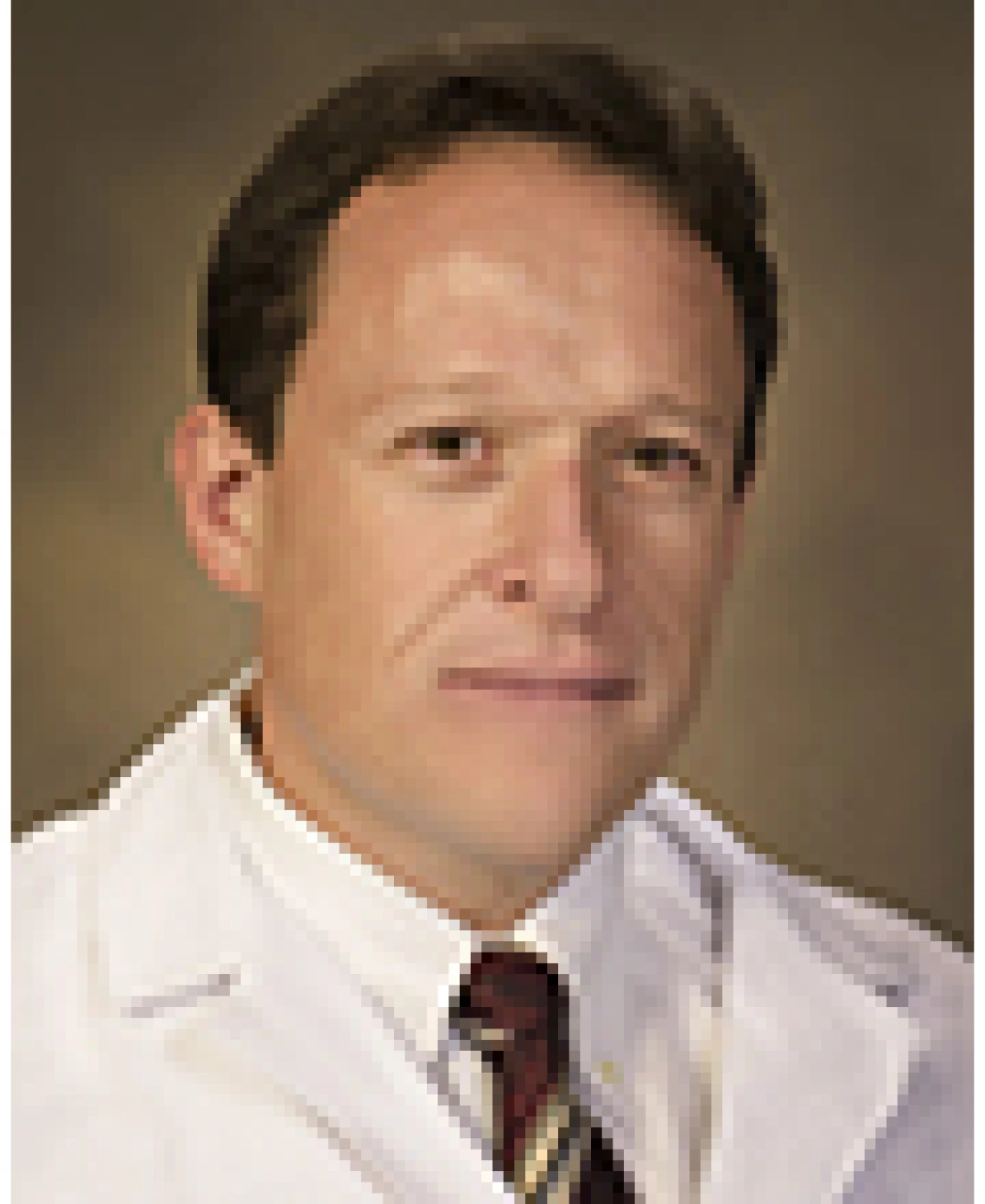UACC and BIO5 researcher awarded $1.59 million NCI grant to study drug resistance in lymphoma tumor treatment

 Jonathan H. Schatz, MD, was recently awarded a 5-year, $1.59 million grant from the National Cancer Institute (NCI) to study ways to effectively combat drug resistance when treating lymphoma — a study that may have wide-ranging impact when it comes to treating a variety of cancers.
Jonathan H. Schatz, MD, was recently awarded a 5-year, $1.59 million grant from the National Cancer Institute (NCI) to study ways to effectively combat drug resistance when treating lymphoma — a study that may have wide-ranging impact when it comes to treating a variety of cancers.
The study, titled “A New Treatment Paradigm for ALK-Driven Cancers Exploiting Oncogene Overdose” officially began Sept. 19 and will run through 2019. Dr. Schatz and his team will examine growth mechanisms of tumors driven by anaplastic lymphoma kinase (ALK) and how they develop resistance to treatment.
“As you treat these tumors with ALK inhibitors, the protein becomes over-expressed, generating resistance to the treatment, but this causes an oncogene overdose effect when the inhibitor is no longer present,” Dr. Schatz said. “Understanding this overdose effect is a major goal of the grant project. The results could teach us a lot about how to effectively treat these cases.”
Dr. Schatz is an assistant professor of medicine. He is a member of University of Arizona Cancer Center’s Therapeutic Development Program and an investigator in the Clinical & Translational Sciences Institute (CTSI) of the UA BIO5 Institute. His clinical focus is in lymphoma.
Several UA co-investigators are key collaborators on the project, including Yves A. Lussier, MD, FAMCI, BIO5 associate director for informatics and precision health; Lisa M. Rimsza, MD, UACC member and professor of pathology; Soham D. Puvvada, MD, UACC member and professor of medicine; and Haiquan Li, PhD, BIO5 research associate professor.
CTSI, which created Dr. Schatz’s position in 2012, is a major effort to recruit and support physician-scientists for the UA biomedical research community.
The ALK protein has been known to drive certain lymphomas for 20 years and also is found in about five percent of lung cancers, where it has been most extensively studied in clinical trials. Dr. Schatz’s lab has found that in lymphoma, ALK behaves slightly differently in response to ALK inhibitors, as there is no way to turn on alternate signaling pathways.
In this study, Dr. Schatz is looking at the most effective ways to implement intermittent therapy, determining a timetable to use ALK-targeted inhibitors to exploit the oncogene overdose effect of ALK over-expression.
“If we properly optimize our approach in lymphoma, this strategy could have positive implications for many cancers,” Dr. Schatz said.
The proposed research is relevant to public health as it helps researchers understand why cancers stop responding to treatment allows development of new approaches able to prolong the lives of patients. Preliminary data already suggests intermittent dosing of drugs will lead to better control of these cancers.
This study is supported by grant number 1R01CA190696-01 from the National Cancer Institute.
About the University of Arizona Cancer Center
The University of Arizona Cancer Center is the only National Cancer Institute-designated Comprehensive Cancer Center with headquarters in Arizona. The UArizona Cancer Center is supported by NCI Cancer Center Support Grant No. CA023074. With its primary location at the University of Arizona in Tucson, the Cancer Center has more than a dozen research and education offices throughout the state, with more than 300 physicians and scientists working together to prevent and cure cancer. For more information: cancercenter.arizona.edu(Follow us: Facebook | Twitter | YouTube).



